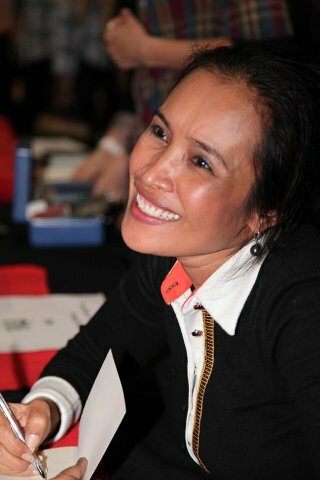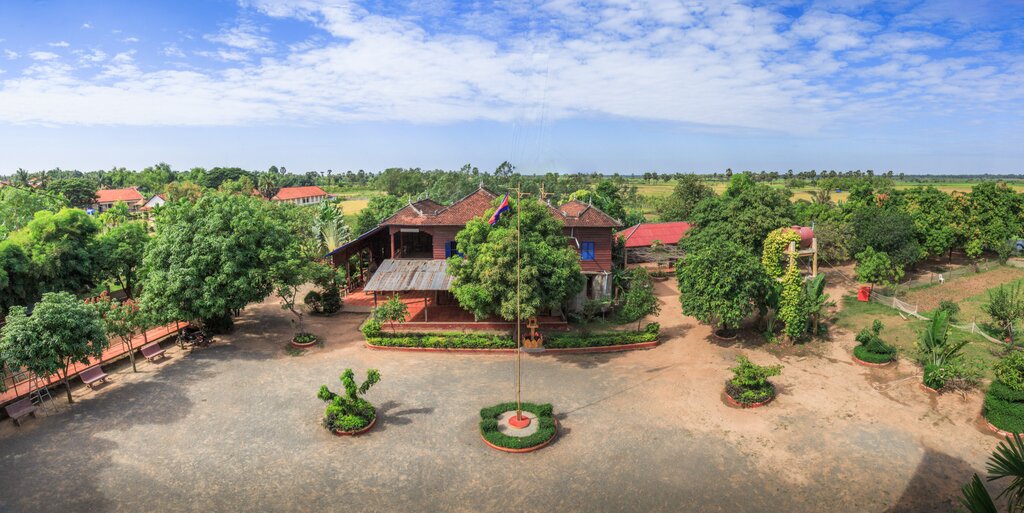REHABILITATION CENTERS AND CLINICS
Human trafficking and sexual slavery cause specific and severe trauma to its victims. AFESIP’s approach to rehabilitation encompasses psychological as well as physical health, vocational training, and support for return to community life through follow up services. AFESIP takes an active role in helping survivors make the transition to a healthy self-supporting independent life.
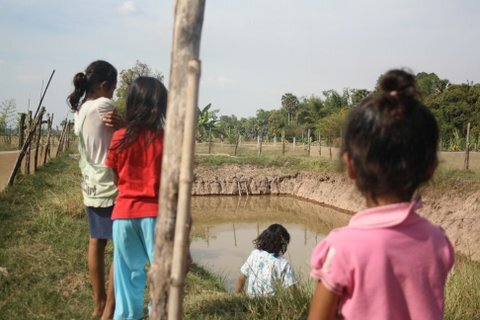
EDUCATION AND VOCATIONAL TRAINING
Combined educational and vocational training, helps women remove the stigma of past sexual slavery, and encourages respect and equality. Over the long term, when women are capable of earning a living, prejudices begin to fade. Once they can give jobs to others, their importance increases and dignity and respect redound to the whole community. As has been established in many countries, women’s economic strength leads to political power and changed policies which are beneficial in many ways.
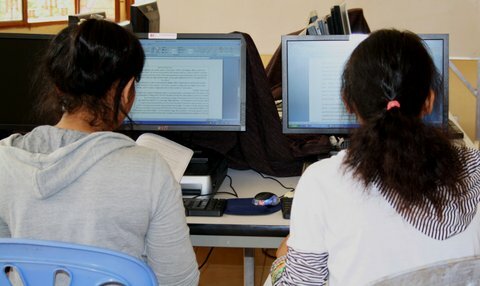
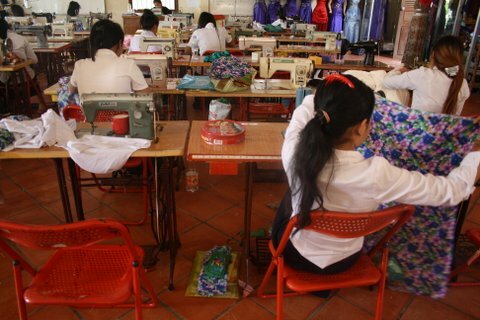
- Welcomed 1,220 visitors at the free medical clinic in Phnom Penh’s red light district for healthcare, treatment, support, and psychosocial counseling. Slowing, a growing number of visitors choose to try for a different life utilizing AFESIP’s services.
- Provided follow up services to 180 Of the 268 residents in the shelters who were reintegrated into their communities.
- Supplied thirty-six (36) women, who chose to start their own business with start-up materials.
- Distributed 648,292 condoms and 10,136 bars of soap to women and girls in the sex trade and their clients to aid in disease prevention and hygiene.
VOICES FOR CHANGE:
Somaly Mam has always believed that the strongest and most believable agents for change are the survivors of human trafficking and sexual slavery themselves. She started a program, Voices for Change, which enables survivors to lead that change for the next generation by being heard widely in their communities and internationally. Having already received all the support services AFESIP offers, those who become Voices for Change leaders are supported in both formal and informal education and training. They focus on languages (Khmer and English), computer training, human rights law, advocacy skills and anti-human trafficking policy, leadership and public speaking.
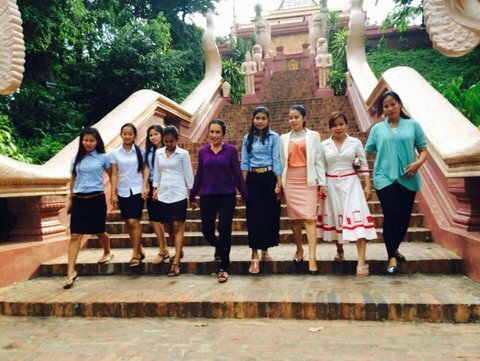
In June, 2014, at the same time that funding for AFESIP was terminated by the foundation with which Somaly was formerly associated, funding for the Voices For Change program was also ended. Eighteen women were participating in the Voices For Change program, five of which joined in 2013.
ADVOCACY AND AWARENESS
Somaly Mam is one of the world’s best known and most effective advocates against human trafficking and sexual slavery. Although she wants to spend her time in the shelters working with the victims, she has travelled the world to raise public awareness of the horror of human trafficking, a clear and urgent issue to thousands and thousands of people. Members of Voices for Change sometimes travel with her, and their experiences make a stark call for attention to the perils of human trafficking. Real change will come when enough people in the world demand it. Somaly Mam’s efforts to build strong, constructive relationships with government agencies, law enforcement, and other NGOs worldwide will continue to raise visibility and build support for dealing with this complex issue in a way that will prevent future instances of trafficking.
